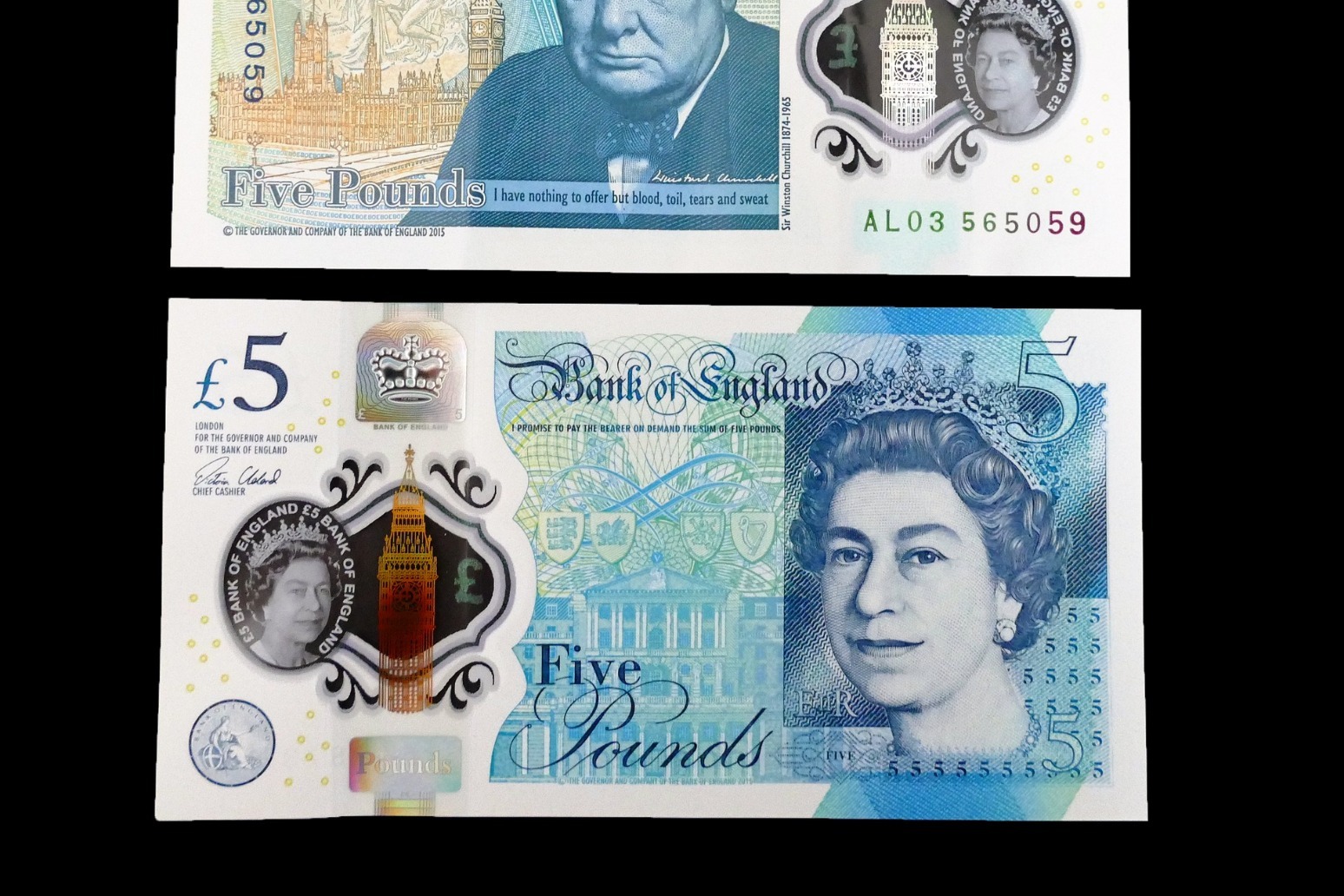
Sterling falls after Johnson moves closer to becoming PM
Sterling slipped in early trading on Friday as Brexiteer Boris Johnson moved closer to becoming Prime-Minister, worrying investors that his government would make a no-deal Brexit more likely.
Despite Friday's falls, sterling remained on course for a positive week against the dollar after the Bank of England stuck to its message that interest rates would need to rise, contrasting with other policymakers that may ease policy.
After a busy week for monetary policy, sterling traders will turn their attention back to British politics and the Conservative Party leadership contest.
Johnson faces foreign minister Jeremy Hunt in a contest to succeed Theresa May as party leader and prime minister, with Johnson the odds-on favourite to secure a majority of votes from Conservative Party members. The new leader will be chosen by a ballot of party members with the result due next month.
Whoever triumphs, the new prime minister will try to wring a tweaked Brexit withdrawal deal more palatable to British politicians from a sceptical Brussels that has said there will be no further negotiation over the agreement.
The deal has been rejected three times by the British parliament, and if Johnson or Hunt cannot get it or another version passed, investors worry Britain will leave the European Union on Oct. 31 without transitional trading arrangements in place with its largest trading partner.
"Johnson is the firm favourite and based on our scenario analysis of a Johnson leadership, GBP could run into trouble this autumn," ING analysts said in a note.
Sterling was down 0.2% by 0830 GMT at $1.2678. That still left the British currency up 0.7% this week, with most of the gains thanks to a selloff in the dollar after the Federal Reserve opened the door to looser monetary policy this year.
Before this week's rally sterling was plumbing five-month lows.
The pound has not fared as well against the euro, and was down 0.3% at 89.16 pence, not far from five month lows hit on Tuesday.
Sterling has lost 4% against the euro since May 1, as investors price in a greater risk of a no-deal Brexit.
Published: by Radio NewsHub